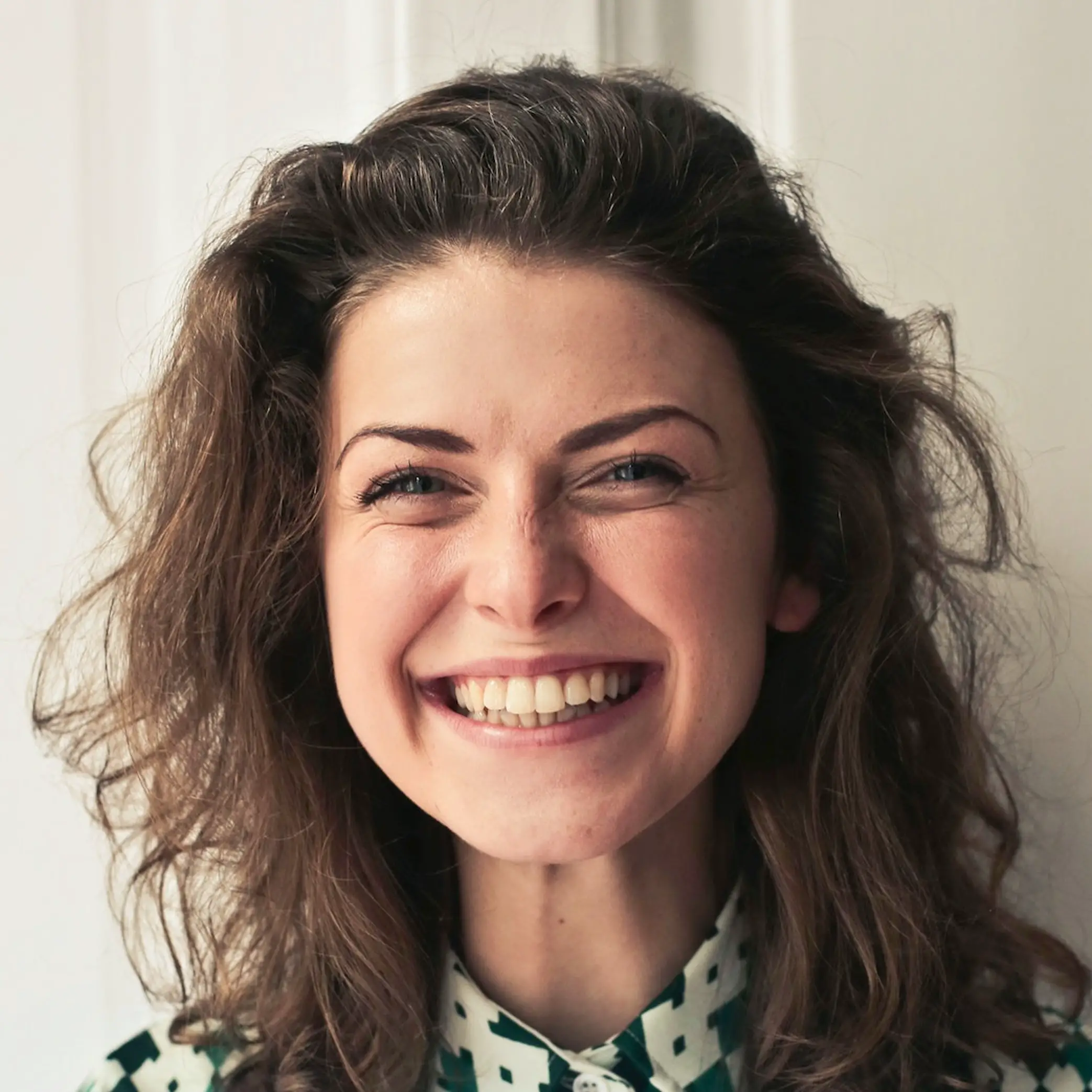Air pollution isn’t just about smog-filled skies; it’s a multi-faceted issue with far-reaching impacts on our health, environment, economy, and society. In this journey, we’ll delve into various themes surrounding air pollution, from its effects on human health and the environment to the policies and technologies to combat it.
Through these 43 Yes or No questions on Air Pollution, we’ll uncover the health implications of breathing polluted air, examine the economic consequences, and ponder the effectiveness of existing regulations. We’ll also explore the potential of innovative technologies, the importance of social justice in addressing pollution disparities, and the role of individual actions in creating a cleaner future.
So, grab a seat, buckle up, and get ready to navigate the complexities of air pollution with a simple nod or shake.
What is Air pollution?
Air pollution is not just an unwelcome guest in our air; it’s a disruptive force that upsets the natural balance and leaves a path of destruction. It’s more than just visible smog; it’s a silent menace with far-reaching consequences. When harmful substances like pollutants, gasses, and particulate matter infiltrate the air we breathe, they unleash havoc on our health, environment, and economy, posing a serious threat that demands immediate attention.
Imagine pollutants hitching a ride on tiny particles, infiltrating our lungs, causing respiratory issues, heart problems, and even cancer. Picture ecosystems are struggling to cope, wildlife facing extinction, and economies bearing the brunt of healthcare costs and productivity losses.
But amidst this gloom, there’s hope. Innovative technologies, stringent regulations, and community efforts are driving positive change. By fostering awareness, advocating for cleaner policies, and embracing sustainable practices, we can turn the tide against air pollution.
Let’s join forces and clear the air together, making breathing easier for us all to breathe. Remember, every single action we take, no matter how small contributes to safeguarding our air, health, and planet. It’s in our hands to make a difference.
- Air pollution encompasses various harmful substances in the air.
- It poses significant health risks, including respiratory and cardiovascular issues.
- Pollution also damages ecosystems, wildlife, and economies.
- Solutions include innovative technologies and stringent regulations.
- Community efforts and sustainable practices play a crucial role.
- Everyone’s actions contribute to combating air pollution and protecting the planet.
Air Pollution Questions
These 43 simple yes or no questions are your compass through the maze of human activity’s impacts.
Air pollution, more than just a haze on the horizon, is a complex issue intertwining health, the environment, the economy, and society. In this exploration, we’ll unveil the health risks of breathing tainted air, scrutinize economic fallout, and question the efficacy of existing safeguards.
1. Sources of Air Pollution:
Let’s unravel the various sources contributing to the haze in our skies, from industrial emissions to vehicle exhaust.
- Do you believe air pollution is a severe problem in today’s world?
- Are you aware that both human and natural sources can cause air pollution?
- Do you know that industrial emissions contribute significantly to air pollution?
- Did you know that burning fossil fuels releases pollutants into the air?
- Do you think agricultural practices can contribute to air pollution?
- Are you familiar with indoor sources like cooking and cleaning products that contribute to air pollution?
- Do you believe agricultural burning practices significantly contribute to air pollution?
- Are you familiar with the emissions from ships and airplanes contributing to air pollution?
- Do you think waste incineration is a significant source of air pollution?
2. Health Impacts:
From respiratory diseases to cognitive function, let’s explore the toll polluted air takes on our well-being.
- Are you familiar with the health risks associated with long-term exposure to air pollution?
- Do you believe children and older people are more vulnerable to the effects of air pollution?
- Can air pollution impact cardiovascular health as well?
- Do you think air pollution can affect cognitive function and mental health?
- Are you aware of the link between air pollution and adverse pregnancy outcomes?
- Do you know that air pollution can exacerbate allergies and respiratory conditions?
- Do you believe agricultural burning practices significantly contribute to air pollution?
- Are you familiar with the emissions from ships and airplanes contributing to air pollution?
- Do you think waste incineration is a significant source of air pollution?
3. Environmental Impact:
How does air pollution harm our environment? Let’s uncover the ecological repercussions of polluted air from wildlife to water bodies.
- Do you know that air pollution can harm wildlife and ecosystems?
- Are you aware of the link between air pollution and adverse pregnancy outcomes?
- Are you aware that air pollution can affect water bodies and aquatic life?
- Can indoor plants help improve indoor air quality?
- Do you believe transitioning to cleaner energy sources is essential to combat air pollution?
- Are you aware that air pollution can impact the ozone layer’s ability to filter harmful UV rays?
- Do you believe air pollution affects the migratory patterns of birds and marine animals?
4. Economic Consequences:
What are the economic costs of air pollution? From healthcare expenses to productivity losses, let’s delve into the financial implications of breathing polluted air.
- Do you know that air pollution can lead to economic costs due to healthcare expenses?
- Are you aware that urban planning can play a role in reducing air pollution?
- Do you believe public transportation can help decrease air pollution in cities?
- Can individual efforts to reduce air pollution make a difference?
- Can stricter emission regulations help reduce air pollution?
- Do you believe there’s a need for increased public awareness about air pollution?
5. Atmospheric Phenomena:
How does air pollution interact with our atmosphere? From ozone depletion to weather patterns, let’s explore its atmospheric impacts.
- Are you familiar with the concept of particulate matter in the air?
- Are you familiar with the term “smog” and its association with air pollution?
- Are you familiar with the role of ozone in both the upper atmosphere and at ground level?
- Are you aware of the initiatives taken by governments and organizations to reduce air pollution?
- Are you familiar with the term “photochemical smog” and its formation?
- Are you aware that air pollution can lead to changes in weather patterns?
6. Mitigation Strategies:
What can we do to combat air pollution? Let’s explore the solutions to this global challenge, from renewable energy to public awareness.
- Can renewable energy sources play a role in reducing air pollution?
- Are you aware of the impact of air pollution on pollinators and plant diversity?
- Do you believe transitioning to cleaner energy sources is essential to combat air pollution?
- Is there a need for increased public awareness about air pollution?
- Are you aware of the initiatives taken by governments and organizations to reduce air pollution?
- Do you think individual efforts to reduce air pollution can make a difference?
Conclusion
In exploring air pollution, we’ve journeyed through its many dimensions, uncovering its complexities and far-reaching impacts. From the sources of pollution to its health effects, environmental repercussions, economic costs, atmospheric interactions, and mitigation strategies, each yes or no question has been a stepping stone in our understanding.
Yet, amidst the air pollution challenges, there’s a glimmer of hope. Through innovative technologies, stringent regulations, community efforts, and individual actions, we have the power to combat this pressing issue. By fostering awareness, advocating for cleaner policies, and embracing sustainable practices, we can pave the way for a cleaner, healthier future.
So let’s carry forward the knowledge gained from these questions, let’s continue to raise our voices, take action, and work together to clear the air. When it comes to protecting our planet and safeguarding the well-being of future generations, every nod and every shake of the head matters.
Together, we can make a difference
🌿 🌊 🌄

